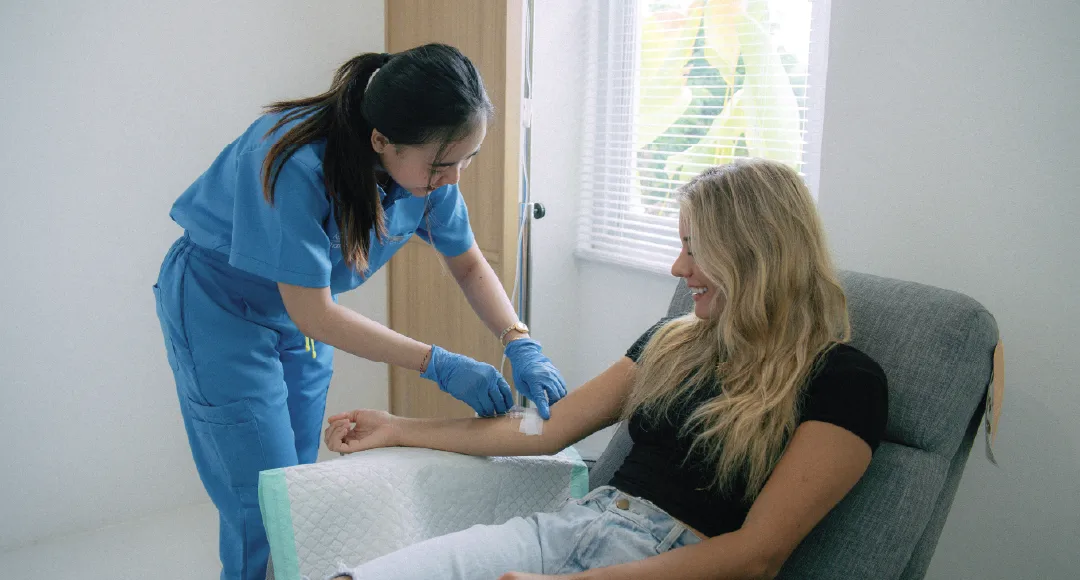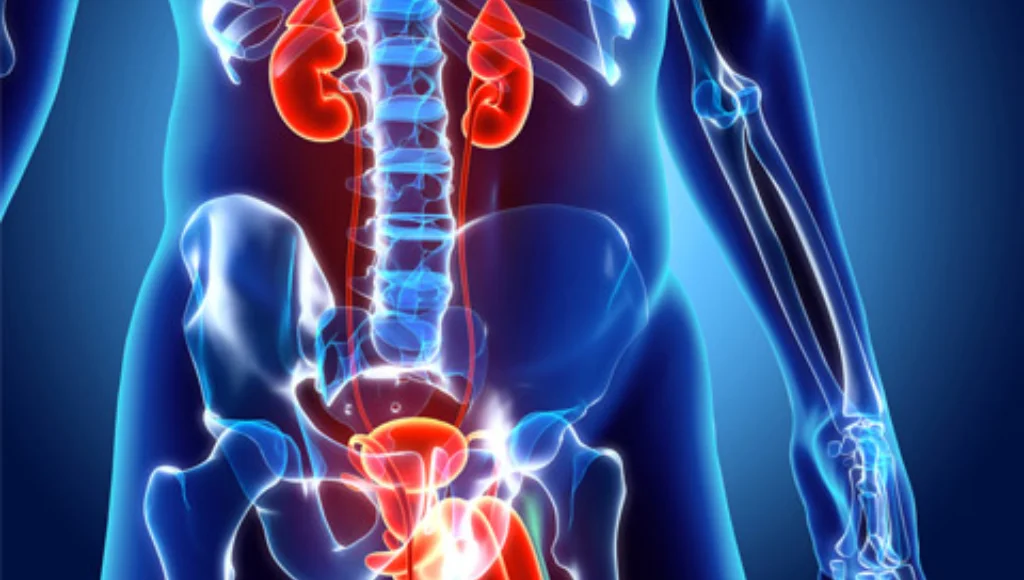Sexually Transmitted Diseases (STDs) are infections that spread from one person to another through sexual contact. They are very common and affect millions of people every year. Some STDs can cause serious health problems if they are not treated. That’s why it’s important to know about them — understanding STDs can help you stay healthy …
Sexually Transmitted Diseases (STDs) are infections that spread from one person to another through sexual contact. They are very common and affect millions of people every year. Some STDs can cause serious health problems if they are not treated. That’s why it’s important to know about them — understanding STDs can help you stay healthy and protect others too.
The Problem
Many people with STDs don’t even know they have them because the symptoms can be very mild or even invisible. If an STD is not treated, it can cause problems like infertility (not being able to have children), serious infections, pregnancy problems, and a higher risk of getting HIV. On top of that, a lot of people feel ashamed to talk about STDs, which makes it harder for them to get help.
Causes
STDs are caused by germs like bacteria, viruses, and parasites. You can catch them through vaginal, anal, or oral sex. Some STDs, like HIV or hepatitis B, can also be spread through sharing needles or from mother to baby during childbirth.
Who Is at Risk?
Anyone who is sexually active can get an STD. But your risk is higher if you:
- Don’t use condoms during sex
- Have multiple sexual partners
- Have had an STD before
- Use drugs or alcohol, which can lead to risky choices
- Are young (teens and young adults have higher rates)
- Are a man who has sex with men (MSM)
- Have a weakened immune system
Solutions
The good news is that most STDs can be treated — and some can be completely cured!
- Bacterial STDs (like chlamydia and gonorrhea) are treated with antibiotics.
- Viral STDs (like herpes or HIV) can’t be cured, but medicines can help manage them.
- Parasitic STDs (like trichomoniasis) can be treated with special medicines.
It’s very important to get tested if you think you might have an STD, and to make sure your sexual partners get treated too.
How to Prevent STDs
- Use condoms every time you have sex.
- Get tested regularly, even if you feel fine.
- Have fewer sexual partners or choose one trusted partner.
- Get vaccinated against HPV and hepatitis B.
- Talk openly with your partners about sexual health.
- Be careful with alcohol and drugs — they can lower your judgment.
Care and Support
If you have an STD, don’t panic. See a doctor, follow the treatment plan, and talk honestly with your partners. STDs are very common, and with the right steps, you can manage them and stay healthy.
Practical Tips
- Always carry a condom — be prepared!
- Go for regular health check-ups.
- Pay attention to your body — if something feels wrong, get it checked.
- Don’t be embarrassed to ask questions about sexual health.
- Remember: taking care of yourself also protects the people you care about.
Sexually Transmitted Diseases (STDs) are a very common health issue, yet they are often overlooked due to lack of awareness or the stigma surrounding them. With the right knowledge and proper prevention, STDs can be avoided, detected early, and effectively treated.
Don’t let fear or shame stop you from taking care of your health. Remember, protecting your sexual health is an important part of overall self-care.
If you think you’re at risk or want a complete sexual health check-up, visit 911 Medical Clinic. Get confidential, safe, and professional consultation and testing services. Your health is our top priority!
Book a Consultation










